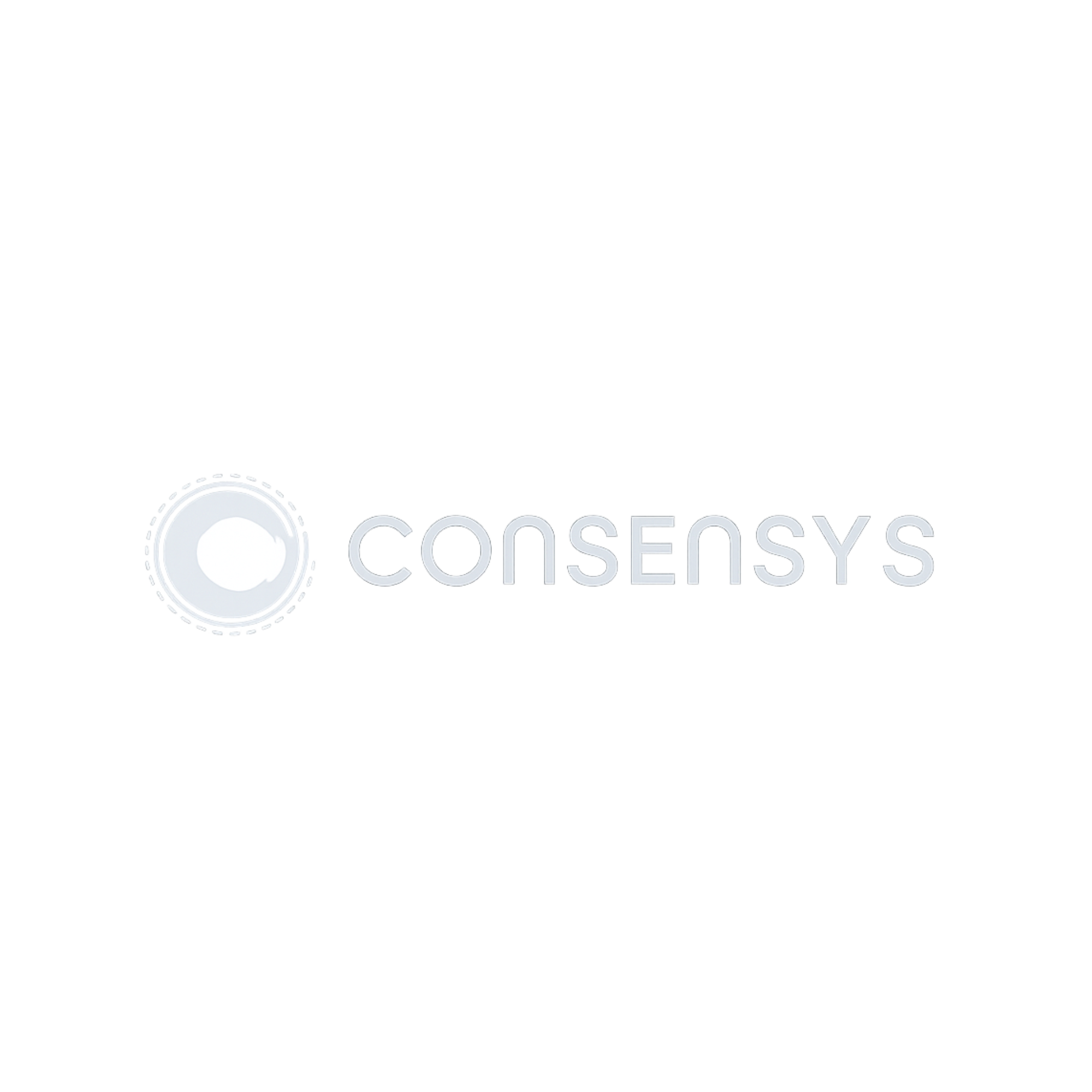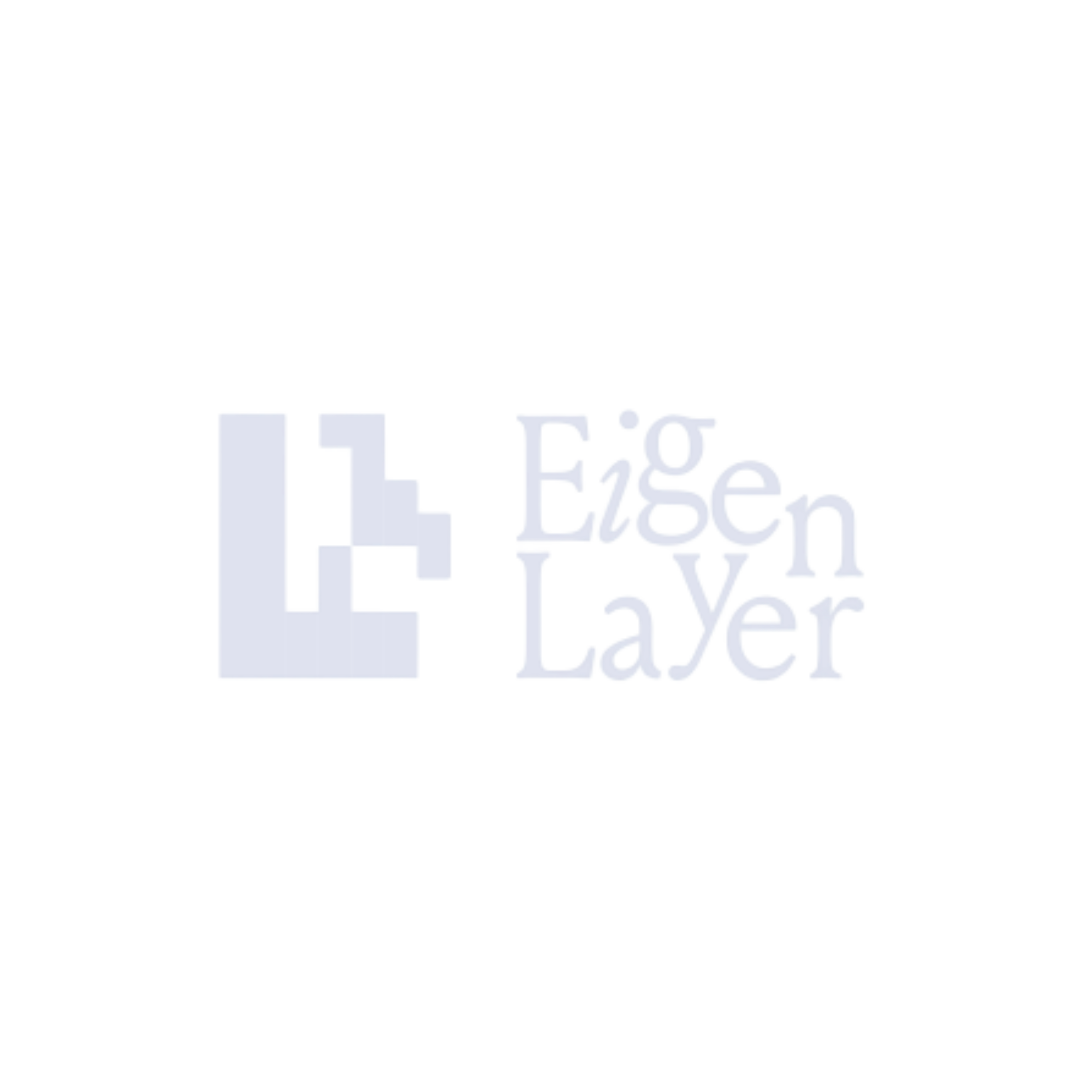Is Your EigenLayer AVS Audit Secured by Experts?
As a trusted EigenLayer Marketplace Vendor, Dedaub has audited high-impact AVS projects including EigenLayer Middleware, Othentic, eOracle, and Predicate.
- Code analysis → Deep inspection of execution flows, cross-module logic, and state transitions.
- Quorum & staking security → Validation of delegation, governance enforcement, slashing conditions, and validator assumptions.
- Economic risk modeling → Simulation and review of staking dynamics, approval flows, and adversarial game theory.
Dedaub also secures Web3 leaders like Chainlink (CCIP), Satlayer, and Babylon's restaking system—combining automated analysis with expert-led review.

$30B ASSETS MANAGED BY AUDITED CODE
Trusted for security audits by the world's Web3 leading companies

"Dedaub brought exceptional clarity and depth to our smart contract security audit. Their rigorous review and actionable insights strengthened our core protocol."
Arun Devabhaktuni
CSO at SatLayer

"The audit conducted by Dedaub on our Eoracle middleware contracts was comprehensive and successful. The team at Dedaub delivered a precise and detailed analysis, further strengthening the security of our smart contracts."
Yoni Keselbrener
Smart Contracts Team Lead at Eoracle

"Dedaub's meticulous audit process gave us invaluable insights and strengthened our protocol's security. Thanks to Yannis and the team for their expertise and collaboration!"
Ulvi Kağan Dağdeviren
Co-Founder at Stablejack

"Dedaub provided a very generous and thorough pro-bono audit of the on-chain funding mechanism for Protocol Guild, uncovering critical vulnerabilities and offering valuable insights that improved our overall security. Dedaub achieved a deep understanding of the codebase, and we had clear communication throughout the process. We highly recommend their services to others."
Fredrik Svantes
Security Researcher at Ethereum Foundation

"As a returning customer, we knew Dedaub would deliver. Their expertise in DeFi security and smart contract analysis is unmatched. For Liquity V2, they identified vulnerabilities and provided key insights to optimize our protocol. Once again, Dedaub delivered flawlessly."
Bingen Eguzkitza
Head of Development at Liquity

"The Dedaub Security Suite provides an efficient Decompiler API with an intuitive user interface for quick navigation. Its performance and speed set a high standard in the industry, making it a competitive choice for gaining data-driven security insights. The team behind Dedaub is responsive to user feedback, enhancing the overall experience."
David Daniel
Director of Threat Intelligence at OZ Networks

"Dedaub thoroughly reviewed our TypeScript crypto library and was able to share valuable improvement recommendations."
Moritz Boullenger
Co-Founder at Fluidkey

"I love the Dedaub decompiler—No other tool even comes close to what Dedaub has created."
David Benchimol
Blockchain Security Engineer, Ironblocks

"I love Dedaub decompiler"
Fuyao Zhao
CEO, Sentio
FAQ: Smart Contract Audit Questions
🔎 How do you audit oracles like eOracle?
⛓️ What types of risks do bridge audits identify?
📅 How long does an AVS audit take and what's the process?
🔐 What does a staking audit include?
🔧 What makes AVS audits different from standard smart contract audits?
🧪 What tools and techniques do you use in AVS audits?
🔄 What happens after the audit?
Audit Methodology
Two-phase review
During phase 1, the auditors understand the code in terms of functionality, i.e., in terms of legitimate use.
During phase 2, the auditors assume the role of attackers and attempt to subvert the system's assumptions by abusing its flexibility.
Constant challenging
The two senior auditors will continuously challenge each other, trying to identify dark spots. An auditor who claims to have covered and to understand part of the code is often challenged to explain difficult elements to the other auditor.
Thinking at multiple levels
Beyond thinking of adversarial scenarios in self-contained parts of the protocol, the auditors explicitly attempt to devise complex combinations of different parts that may result in unexpected behaviour.
Use of advanced tools
Every AVS project undergoes analysis by Dedaub's proprietary static analyzer (including over 70 specialized algorithms), AI-driven code review, automated fuzzing frameworks, and targeted manual tests for vulnerabilities like slashing errors or quorum manipulation.
Before the audit concludes, the development team gains access to the online system with our automated analyses, allowing them to view all the machine-generated warnings that the auditors have also reviewed.
Why Dedaub?
$3M
IN BUG BOUNTIES IN 11 SUCCESSFUL CLAIMS FOR IDENTIFYING CRITICAL ISSUES
$Billions
IN TVL SECURED VIA PROACTIVE WHITE-HAT HACKING and SEAL 911 WAR ROOMS
200+
SMART CONTRACT SECURITY AUDITS FOR LEADING DEFI PROTOCOLS
Experienced
Trusted by Leading EigenLayer AVS Projects
– EigenLayer Middleware (staking and validation security)
– eOracle (middleware integrity)
– Predicate (secure execution layer)
– Othentic (economic and staking risk modeling)
Bespoke
Discuss your AVS security needs with a trusted EigenLayer auditor, ensuring robust staking, governance, and execution security for your protocol.
Trusted
Engage with our seasoned Smart Contract Auditors, renowned for their proven success and in-depth knowledge of blockchain security.












